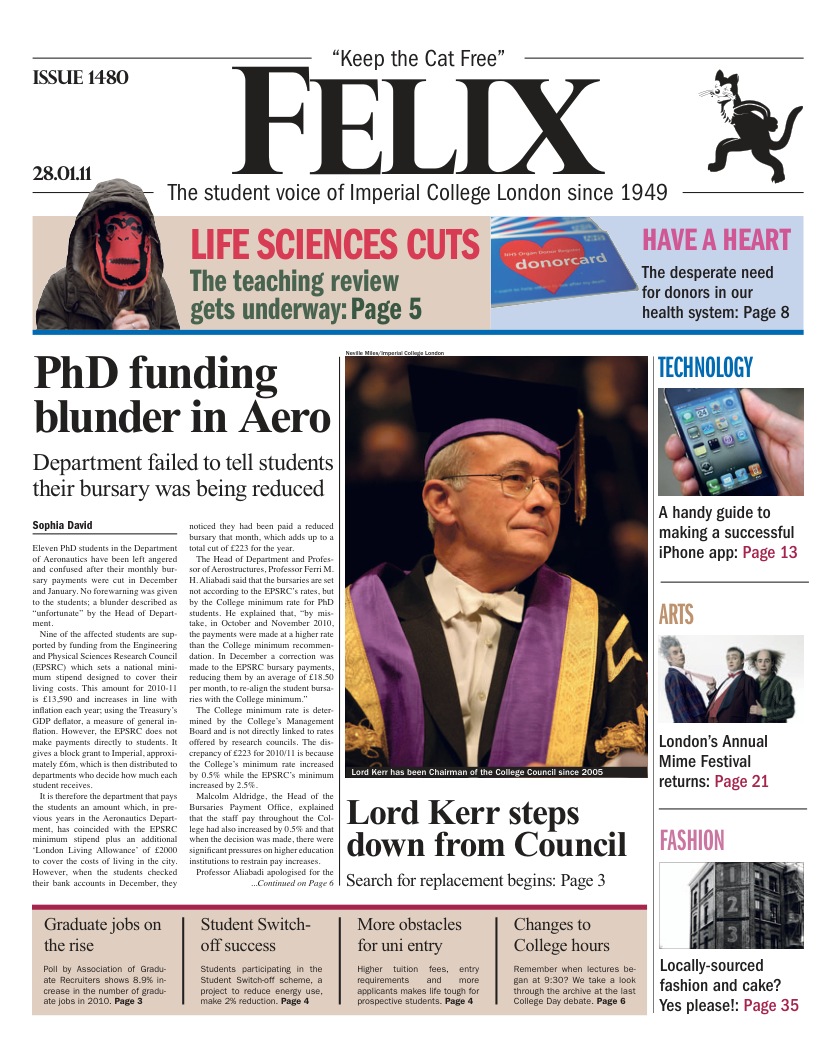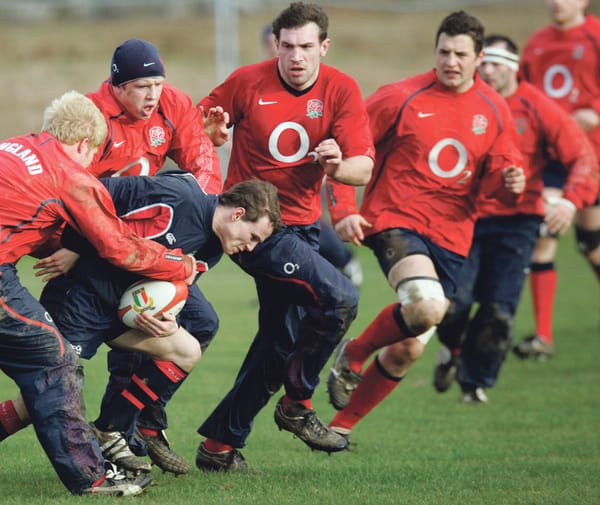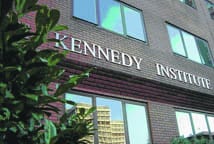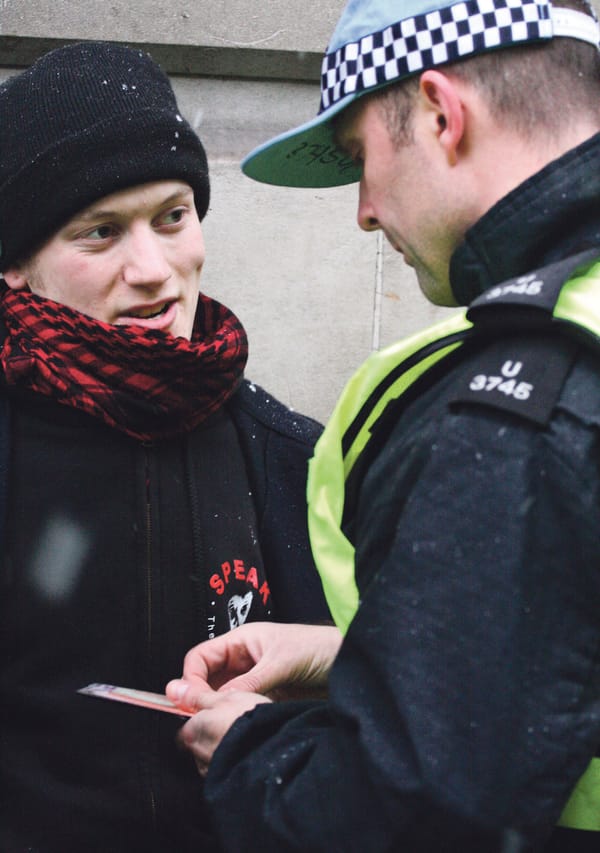Increasing obstacles for prospective students
More and more students are competing for university places
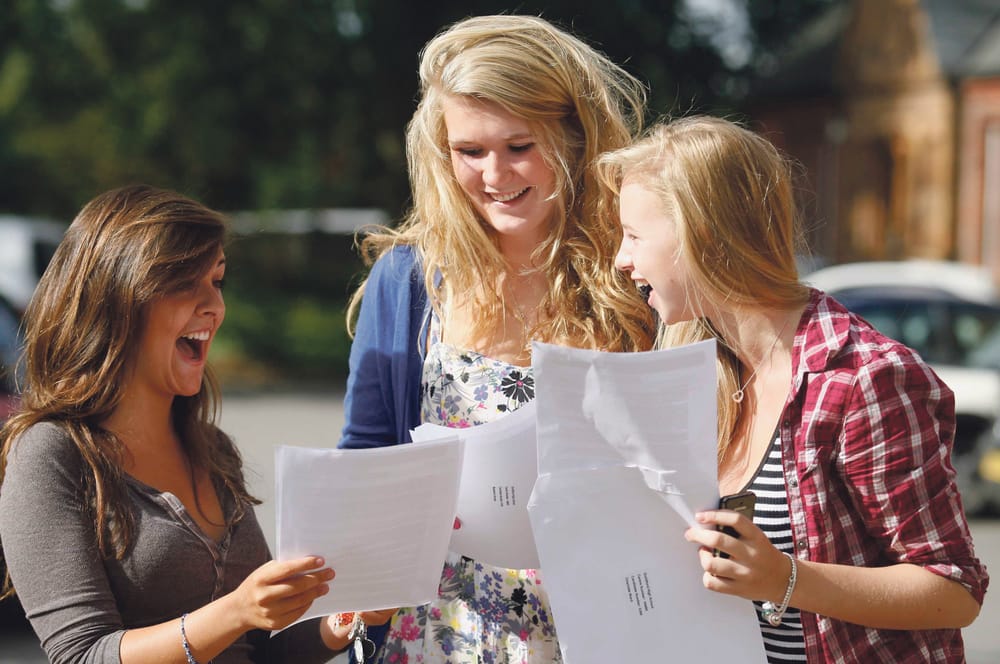
Recent figures published by UCAS in their Final End of Year Figures for 2010 has shown a decrease of 0.1% in accepted applicants in the UK compared to 2009, but this doesn’t really come as a surprise after all the over-hyped news of university cuts and how 200,000 students had missed out on places last year.
UCAS statistics indicate that even though there is a 0.7% increase for undergraduates, there is a significant percentage drop for postgraduate applicants resulting in an overall decrease of applicants getting their places for universities.
Everyone knows how difficult getting a place at university has become in recent years. Not only are there spending cuts, A* grade-offers and higher tuition fees, but the number of applicants applying this year compared to last year has risen by 2.5%. So with more applicants and less places, the university admissions process will be setting their standards pretty high.
The Sutton Trust has conducted an investigation on the differences in background between students who are getting places at universities. They compared and reviewed the number of students coming from Independent schools and students from schools that provided them with ‘Free School Meals’ over the last three years.
The findings from the Sutton Report showed that Independent school pupils are 6 times as likely to attend a highly selective university as the majority of children in state schools. Basically, students from private schools have a better chance of getting into the universities such as Oxford and Cambridge.
Imperial College statistics showed that we were no different from Oxbridge with a massive 37.2% of students coming from Independent schools and only 2.9% of students that had ‘Free School Meals’.
To combat this unfair gap between the princes and paupers of university applicants, the Sutton Trust suggested that universities should agree to targets that cover new measures for ensuring fair access into their universities (where these new measures were not given).
Additionally, the tuition fee rise means that students from poorer backgrounds are reconsidering whether they can afford to attend university, regardless of getting a place or not and possibly despite the changes The Sutton Trust are proposing.
And to top it all off, university admissions will have an even stricter entry process than before as many universities have increased their offers to include the new As (with some courses at Cambridge going as far as 3 As).
To conclude, even though UCAS statistics don’t show a significant difference between the number of accepted applicants between 2009 and 2010, it is likely that ever larger numbers of prospective students will fail to gain a place at university as failed applicants from previous years compete with new students for the same university spots.

